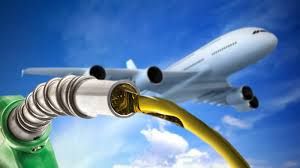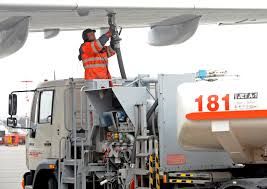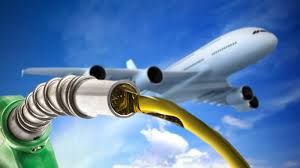


FOB Price
Get Latest Price|
- Minimum Order
Country:
Russia
Model No:
-
FOB Price:
Place of Origin:
-
Price for Minimum Order:
-
Minimum Order Quantity:
-
Packaging Detail:
-
Delivery Time:
-
Supplying Ability:
-
Payment Type:
-
Product Group :
-
Jet fuelis
a specialized type of aviation fuel designed for use in aircraft
with jet engines, including both commercial and military planes.
It is a refined hydrocarbon product derived from crude oil,
specifically engineered to meet the demanding performance and
safety standards required for aviation.


Types of Jet Fuel:
Chemical Composition:
Physical Properties:
Additives:
Safety and Standards:
Environmental Considerations:
Storage and Handling:
Jet fuel is a critical component for modern aviation, enabling the reliable and efficient operation of jet engines and ensuring safe travel in both commercial and military aircraft.
| Country: | Russia |
| Model No: | - |
| FOB Price: | Get Latest Price |
| Place of Origin: | - |
| Price for Minimum Order: | - |
| Minimum Order Quantity: | - |
| Packaging Detail: | - |
| Delivery Time: | - |
| Supplying Ability: | - |
| Payment Type: | - |
| Product Group : | - |

